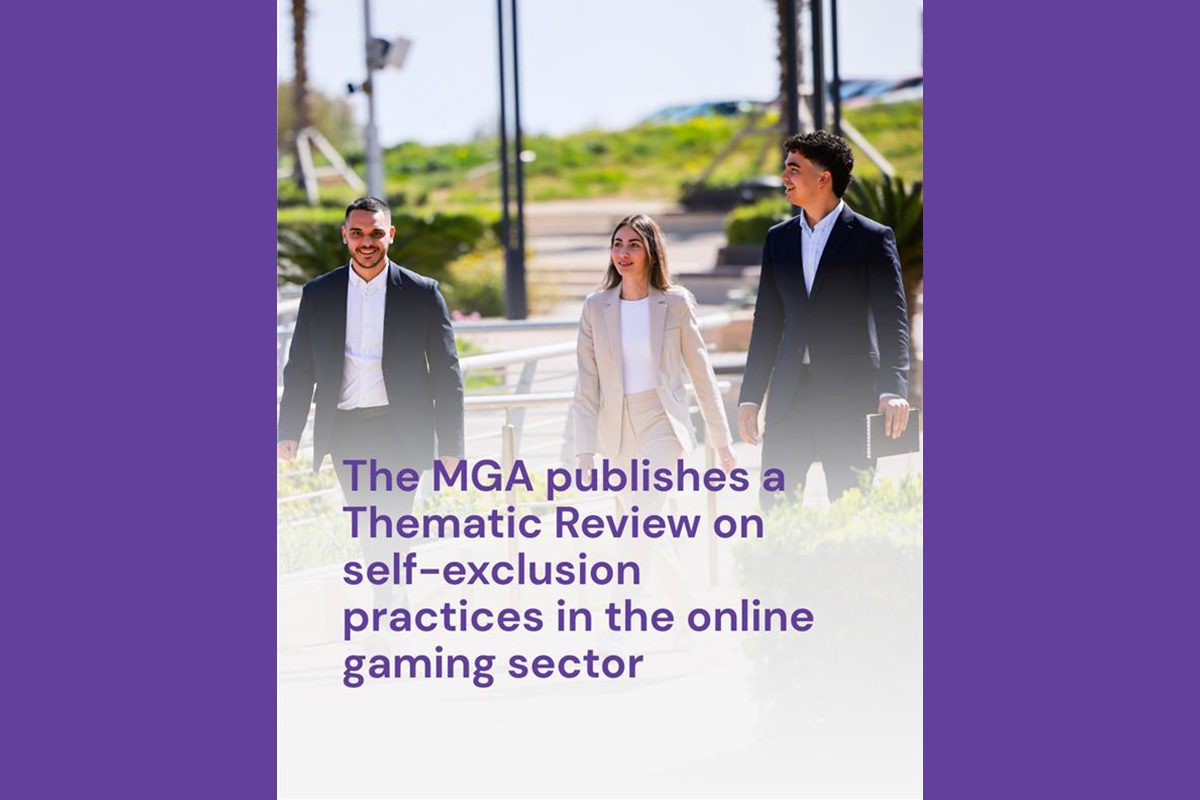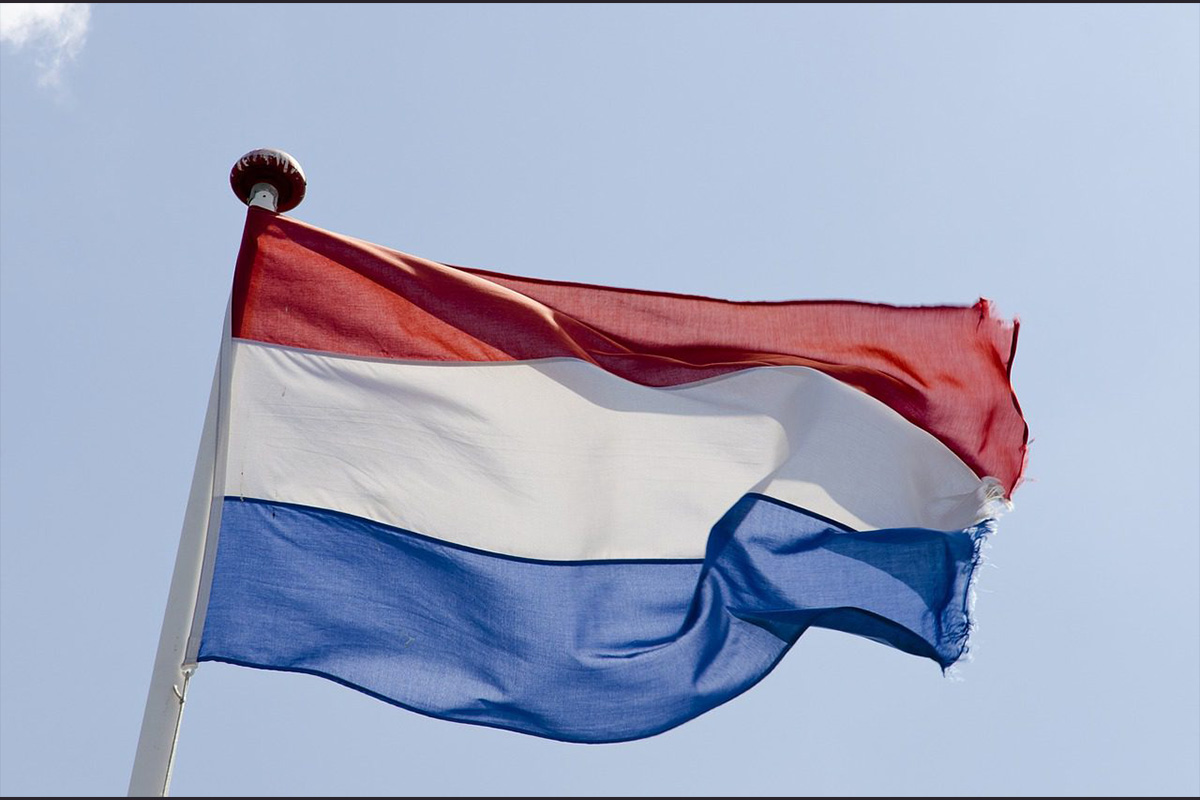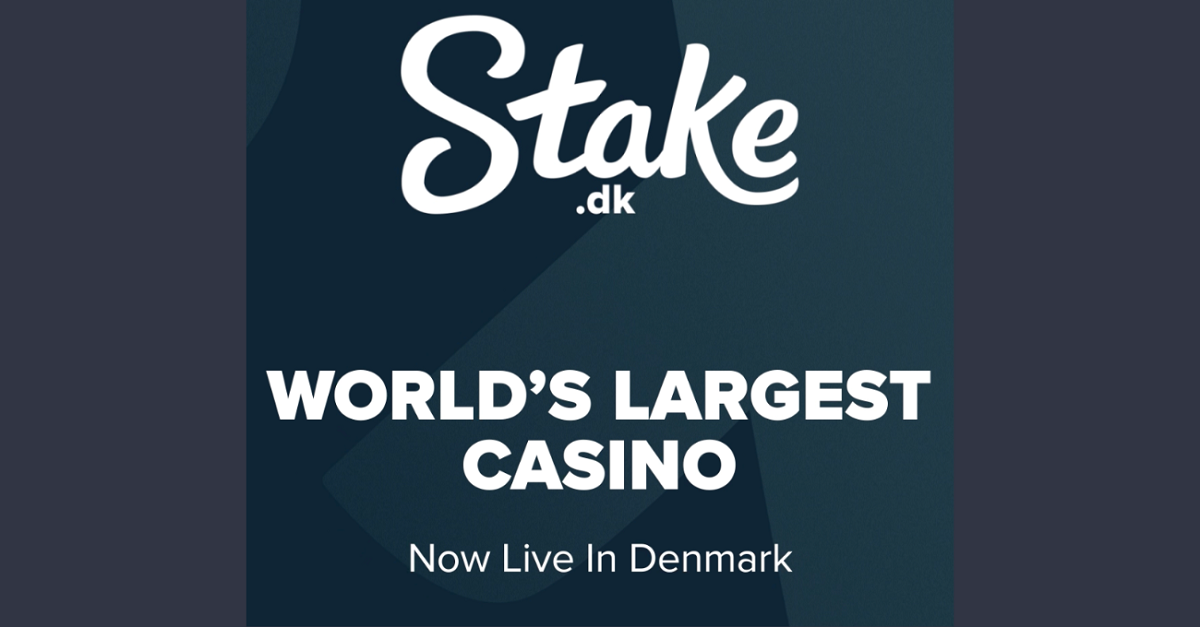Compliance Updates
The Finnish Supreme Administrative Court rules that skill-based fantasy sports games belong to Veikkaus monopoly

Article written by Antti Koivula, consulting legal advisor at Legal Gaming
On May 24, 2022 the Finnish Supreme Administrative Court delivered its judgment on IS-Liigapörssi-case (KHO:2022:60), in which the Supreme Administrative Court analysed whether skill-based fantasy sports games are within the scope of the Finnish Lotteries Act (1047/2001) (“Lotteries Act”) and thus belong to the state-owned gambling operator Veikkaus Oy’s (“Veikkaus”) monopoly.
Finland has a statutory gambling monopoly in place, under which Veikkaus has exclusive rights to operate and market gambling. According to the Lotteries Act, all games which include a participation fee, prizes of monetary value and the result is based on chance, are within Veikkaus monopoly. The main question in the case was if it is enough the game to be even remotely based on chance to be within the scope of the Lotteries Act and thus belong to Veikkaus monopoly, and if that was the case, whether the element of chance was present in the skill-based fantasy sports games in question.
IS-Liigapörssi-case concerned popular fantasy sports games in Finland, in which participants form virtual ice hockey teams from real ice hockey players and points were awarded based on the ice hockey players performance on real ice hockey matches. The fantasy sports games included entry fees and prizes and they had been run since 1995 by a Finnish media giant Sanoma Media Finland Oy (“Sanoma”). It was an undeniable fact that skilled and analytical participants who invested a considerable amount of time to the fantasy sports games outperformed participants who picked the players randomly.
The background of the case is lengthy, as the national authorities had tried to shut down the fantasy sports games run by Sanoma for more than a decade. In 2008 the Ministry of the Interior made a request for investigation for the police, which carried out a preliminary investigation. However, in 2010 the National Prosecution Authority (“NPA”) made a non-prosecution decision stating that it was left unresolved whether the Fantasy Sports games in question are within the scope of the Lotteries Act.
In 2017 the gambling enforcement authority, the National Police Board (“NPB”) started administrative proceedings against Sanoma regarding the fantasy sports games and two years later in 2019 the process had reached the point in which the NPB imposed a prohibition order and a conditional fine of EUR 300,000 for Sanoma on the basis that Sanoma was not allowed to run the fantasy sports games as they qualified as gambling. Sanoma appealed to the Helsinki Administrative Court arguing that the fantasy sports games in question were skill-games with which chance had no effect on the results and thus outside the scope of the Lotteries Act, but in 2021 the Helsinki Administrative Court ruled in favour of the NPB. Sanoma appealed to the Supreme Administrative Court.
The Supreme Administrative Court acknowledged that participants knowledge and skills were meaningful in the context of success, but reminded that at the same time random factors outside the participant’s control had a significant importance too. Thus, the chance of winning was at least partially based on luck. As the fantasy sports games also included entry fees and prize money, only Veikkaus was allowed to run them in Finland.
The Supreme Administrative Court’s decision hardly came as a surprise. The Lotteries Act’s definition of gambling is extremely broad, from which a good example is that even an ice fishing competition and an auction were previously deemed to fall within it. Nevertheless, the decision yet further strengthened the NPB’s authority and it remains to be seen what is the next competition or event after which they’ll go next.
Powered by WPeMatico
Compliance Updates
MGA Publishes Results of Thematic Review on Self-exclusion Practices in Online Gaming Sector

The Malta Gaming Authority (MGA) has published the results of a Thematic Review on how online B2C licensees implement self‑exclusion and other responsible gambling safeguards. The Review sought to identify any systemic weaknesses and clarify regulatory expectations relating to player protection, highlighting areas performing well as well as opportunities for licensees to strengthen their practices.
The Review was carried out in 2025 following reports that some players were able to access multiple brands despite being self‑excluded due to problem gambling. It examined the real‑world performance of player protection tools across 20 licensees and 58 active URLs. A mystery shopping exercise assessed the effectiveness of self‑exclusion processes, cross‑brand account controls, and the presentation of responsible gambling protections at key points of play.
The findings presented in this document reaffirm the Authority’s ongoing commitment to safeguarding players and upholding the integrity of the online gaming sector. Overall, the Thematic Review indicates a positive level of compliance, with the majority of licensees assessed demonstrating practices that are broadly in line with regulatory expectations. At the same time, the Review highlights opportunities for further strengthening player protection measures across the sector.
The assessment outlines the specific areas where enhancements would be beneficial. These include delays in activating self‑exclusion, instances where exclusions were lifted without applying a mandatory cooling‑off period, challenges in detecting duplicate or closely matching player identity details across brands, the absence of limit‑setting prompts during registration, and incomplete information displayed within Reality Check pop‑ups. Together, these findings provide guidance where systems and processes can be enhanced to ensure player protection measures operate as intended.
The Authority has communicated the findings to the relevant licensees, each of whom has been asked to address the points raised and submit rectification plans. Follow‑up supervisory engagement will continue where necessary, including monitoring the implementation of corrective actions. This work forms part of the Authority’s broader risk‑based oversight approach, aimed at promoting higher and more consistent standards of player protection across the sector.
Through this Guidance Document, the Authority encourages all licensees to use the insights from this Review to reinforce their internal frameworks, enhance their responsible gambling controls, and continue contributing to a safer and more sustainable gaming environment.
The post MGA Publishes Results of Thematic Review on Self-exclusion Practices in Online Gaming Sector appeared first on Eastern European Gaming | Global iGaming & Tech Intelligence Hub.
Adventure One QSS
Dutch Gambling Authority Imposes Penalty on Adventure One QSS for Illegal Gambling

The Netherlands Gambling Authority (KSA) has imposed a penalty on Adventure One QSS Inc. for illegal gambling. Adventure One offers games of chance on the Dutch market under the Polymarket brand name, without a license. The KSA has called on Polymarket to cease its activities immediately. If it fails to do so, the company will be fined €420,000 per week, with a maximum of €840,000.
Polymarket has been frequently in the news in recent months, particularly regarding betting on the Dutch elections. Although Polymarket itself states that prediction markets do not fall under the category of gambling, the Netherlands Gambling Authority (KSA) has taken a different stance. After contacting the company about its illegal activities on the Dutch market, there has been no visible change, and the offering remains available. The Netherlands Gambling Authority therefore imposed this order, subject to a penalty. A turnover-related fine may also be imposed at a later date.
Ella Seijsener, director of licensing and supervision at the Netherlands Gambling Authority (KSA), said: “Prediction markets are on the rise, including in the Netherlands. These types of companies offer bets that are not permitted in our market under any circumstances, not even by license holders. Besides the social risks of these kinds of predictions (for example, the potential influence on elections), we conclude that this constitutes illegal gambling. Anyone without a KSA license has no business in our market. This also applies to these new gambling platforms.”
The post Dutch Gambling Authority Imposes Penalty on Adventure One QSS for Illegal Gambling appeared first on Eastern European Gaming | Global iGaming & Tech Intelligence Hub.
Brais Pena Chief Strategy Officer at Easygo
Stake Goes Live in Denmark Following Five-Year Licence Approval

Stake, the largest online casino and sportsbook globally, today proclaims its official entry into Denmark after obtaining a five-year online casino and sports betting license. The shift reinforces Stake’s enduring dedication to enhancing its global growth strategy.
Denmark is often seen as a regulatory success within the European online gambling scene, and Stake has now introduced its flagship, internationally recognized product to the Danish market. Players will unlock access to Stake’s top-tier casino and sportsbook, showcasing exceptional games, cutting-edge technology, and an exceptional user experience, all provided with a strong local emphasis.
Starting 1 March 2026, Stake Denmark will set up its new headquarters at Parken Stadium, the national football stadium of Denmark and the home ground for FC Copenhagen.
Peter Eugen Clausen, Managing Director at Stake Denmark, said: “Denmark has one of the most well-regulated and competitive gaming markets in Europe, and that’s exactly what makes it so exciting. With Stake’s arrival, Danish players can expect a fresh, world-class experience backed by global scale and strong local focus. We’re raising the bar in terms of product, transparency, and entertainment, and I believe increased competition from brands like Stake will only drive the market forward in a positive way.”
Brais Pena, Chief Strategy Officer at Easygo, the technology company behind Stake, said: “Denmark marks our entry into the Nordics and represents a clear win in one of Europe’s most mature and high-value markets. With each new market, our momentum continues to build as we deliver on our global expansion strategy.”
Since its inception in 2017, Stake has positioned itself as the top betting and gaming brand globally by continually presenting advanced technology and novel gaming experiences for players around the globe. Upon entering Denmark, Stake maintains its dedication to player safety and responsible gaming, guaranteeing that gambling stays enjoyable, secure, and entertaining by providing extensive tools and resources that assist customers in comprehending and monitoring their gambling behavior.
The post Stake Goes Live in Denmark Following Five-Year Licence Approval appeared first on Eastern European Gaming | Global iGaming & Tech Intelligence Hub.
-

 ACMA6 days ago
ACMA6 days agoACMA Blocks More Illegal Online Gambling Websites
-

 Aurimas Šilys6 days ago
Aurimas Šilys6 days agoREEVO Partners with Betsson Lithuania
-

 CEO of GGBET UA Serhii Mishchenko5 days ago
CEO of GGBET UA Serhii Mishchenko5 days agoGGBET UA kicks off the “Keep it GG” promotional campaign
-

 Canada5 days ago
Canada5 days agoRivalry Corp. Announces Significant Reduction in Operations and Evaluation of Strategic Alternatives
-

 Latest News4 days ago
Latest News4 days agoTRUEiGTECH Unveils Enterprise-Grade Prediction Market Platform for Operators
-

 Central Europe6 days ago
Central Europe6 days agoNOVOMATIC Once Again Recognised as an “Austrian Leading Company”
-

 Firecracker Frenzy™ Money Toad™5 days ago
Firecracker Frenzy™ Money Toad™5 days agoAncient fortune explodes to life in Greentube’s Firecracker Frenzy™: Money Toad™
-

 Acquisitions/Merger5 days ago
Acquisitions/Merger5 days agoBoonuspart Acquires Kasiino-boonus to Strengthen its Position in the Estonian iGaming Market



















